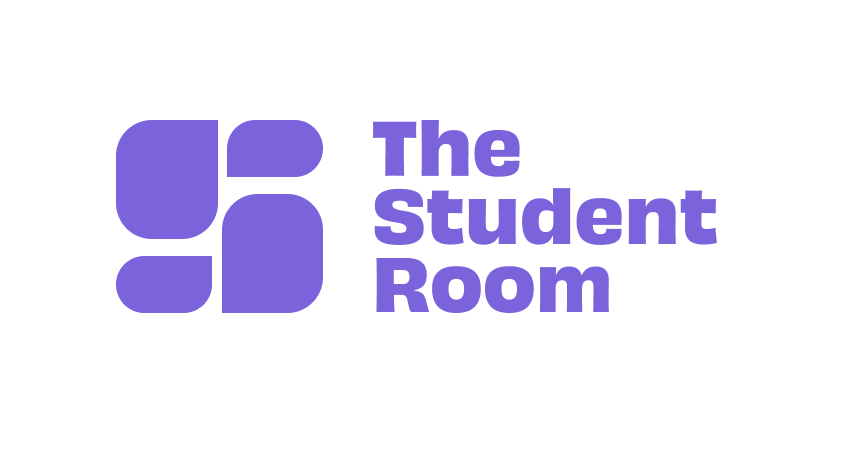The BBC turned to The Student Room to get an insight into the sector and how students are feeling about rising tuition fees. Hannah Morrish, our Student Choice and Higher Education Lead, featured on BBC news where she was interviewed by Simon McCoy on the topic of rising university fees and student debt.
 “Many students using The Student Room are questioning whether going to university is worth the investment”, Hannah told the BBC, “Recent research from our annual Options 2017 report revealed 61% of students thought university was too expensive for them so didn’t apply.”
“Many students using The Student Room are questioning whether going to university is worth the investment”, Hannah told the BBC, “Recent research from our annual Options 2017 report revealed 61% of students thought university was too expensive for them so didn’t apply.”
There is no doubt that university is expensive with recent figures from the Institute for Fiscal Studies, stating the average debt students accumulate is over £50K, almost £6k of which is interest alone.
In her interview, Hannah highlighted a lot of students don’t realise they start accruing interest from the moment their first student loan instalment is paid into their bank accounts, not when they finish their studies. Communication and the right information is a key factor in ensuring students are making an informed choice when it comes to university.
But there is good news for the sector too. An encouraging factor is the recent support for students from lower-income families, Hannah explains:
“There has been a really strong initiative across the UK around encouraging those students from poorer backgrounds to access higher education.”
Although there are concerns around the drop-out rate for this group, research tells us students from lower-income families can’t be characterised as timid or nervous. Findings from our report, how widening participation (WP) students think, feel and behave tells us their social and educational aspiration is greater than their non-WP counterparts and they demonstrate an admirable robustness and determination.
Despite the daunting concept of student debt, many students are still seeing the value in university education. Our 2017 Options report revealed, of students in school or college, those considering university are the most confident their choice will lead to their dream job.
During her interview, Hannah encouraged students to think about their future and highlighted that graduates are more likely to be in employment with a higher salary than those that haven’t gone to university (according to the Department of Education.)
But for those looking to work in the NHS, the recent withdrawal of bursaries from courses such as midwifery, physiotherapy and nursing has negatively affected recruitment. Hannah told the BBC the landscape is changing, where these courses were often oversubscribed, 2017 has seen a drop-in applications with many previously-NHS-sponsored-courses appearing in Clearing.
The question of value for money can only be answered by the individual. Hannah’s key takeaway from our research isn’t whether university is worth the investment but that just having a degree isn’t enough anymore, students need to invest in themselves as well as their course.
“Students need to really consider their full university experience by looking to upskill in other areas whilst studying, such as volunteering, working, doing an internship or doing a year in industry, to ensure they are more employable when it comes to graduation.”
Most UK institutions offer extra support, such as bursaries that students can automatically be assessed for via student finance. Students worried about the cost of university can seek advice on websites such as The Student Room and Student Finance. It’s important to communicate support is available and encourage students in your institution to get the most out of their investment and university experience.

